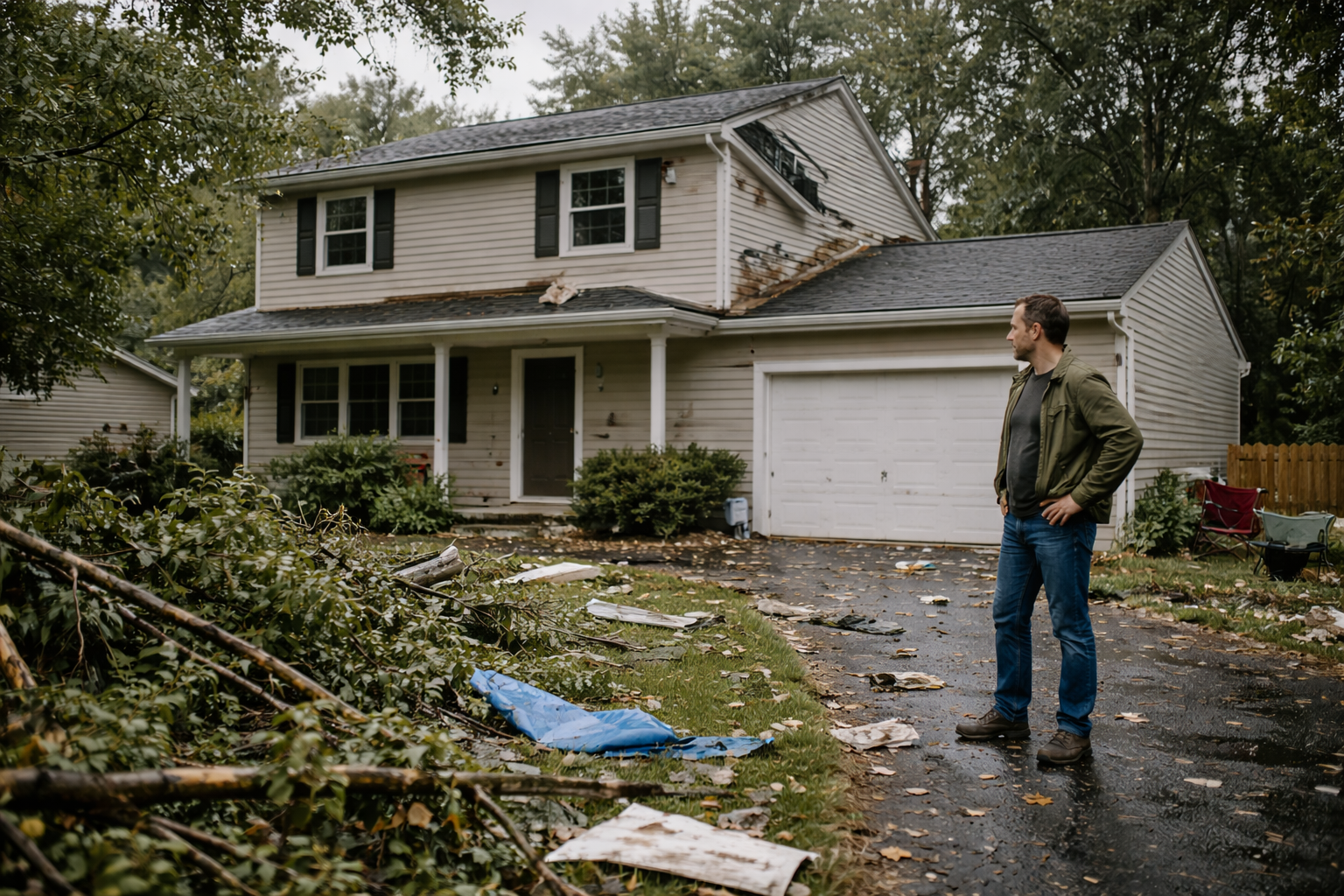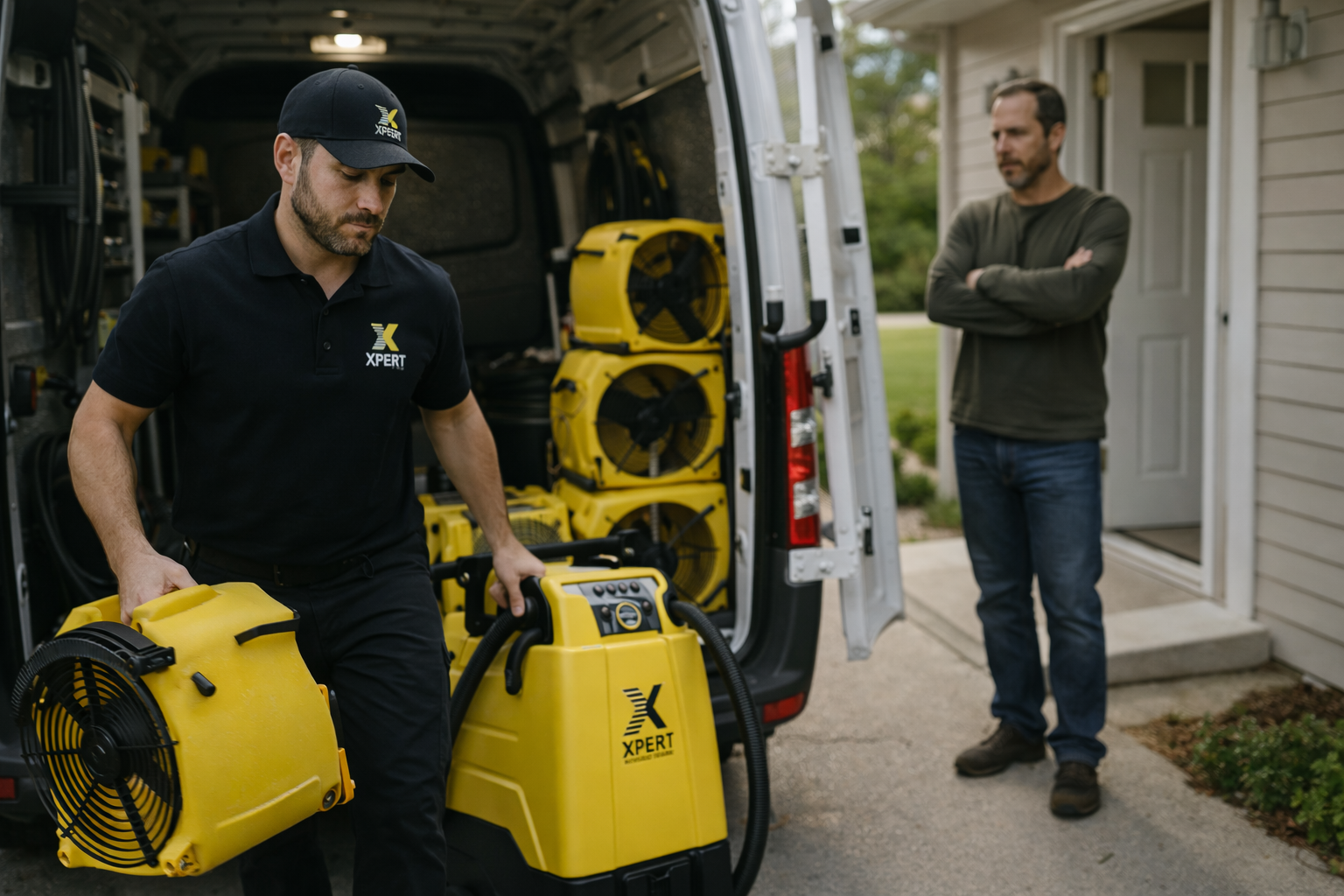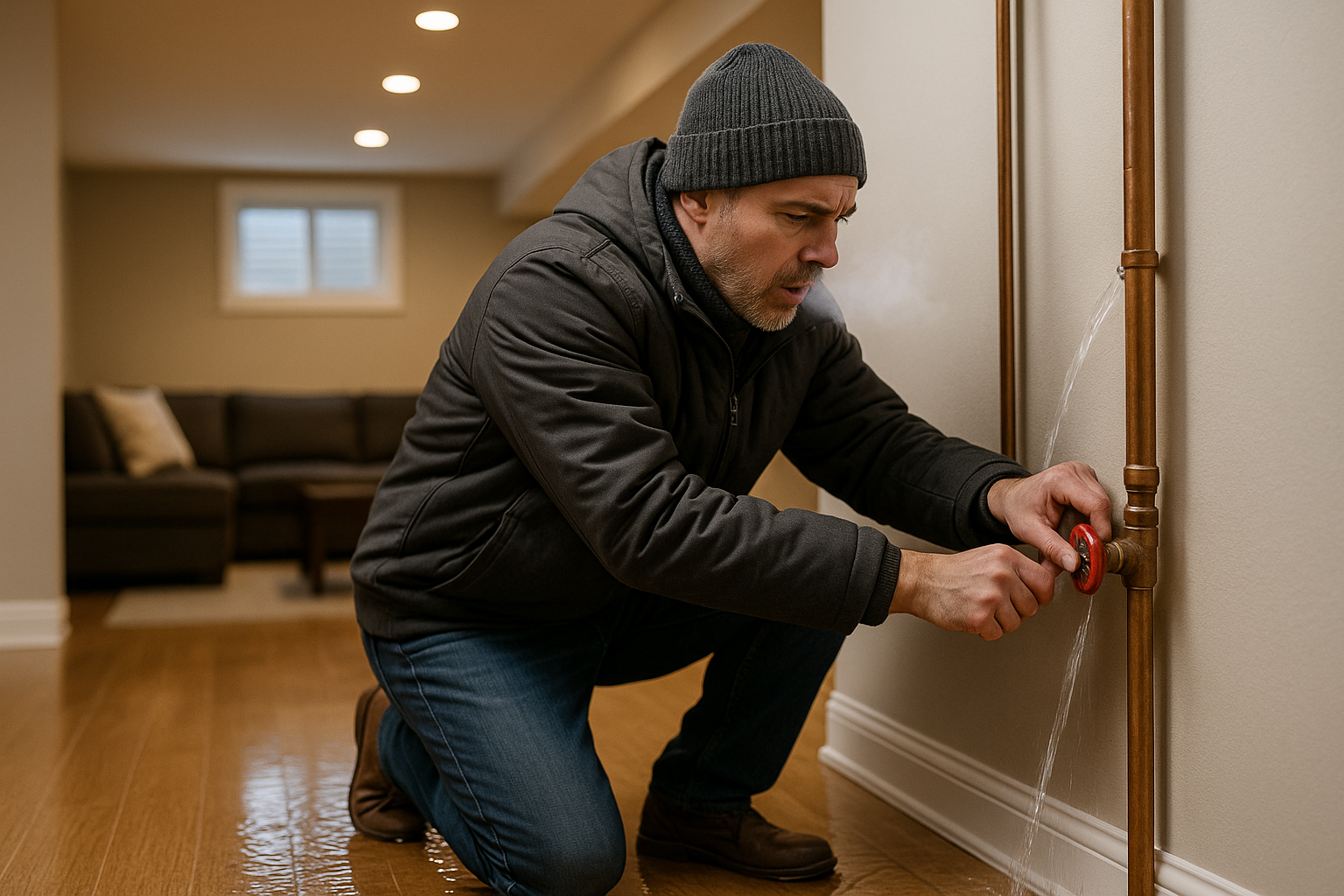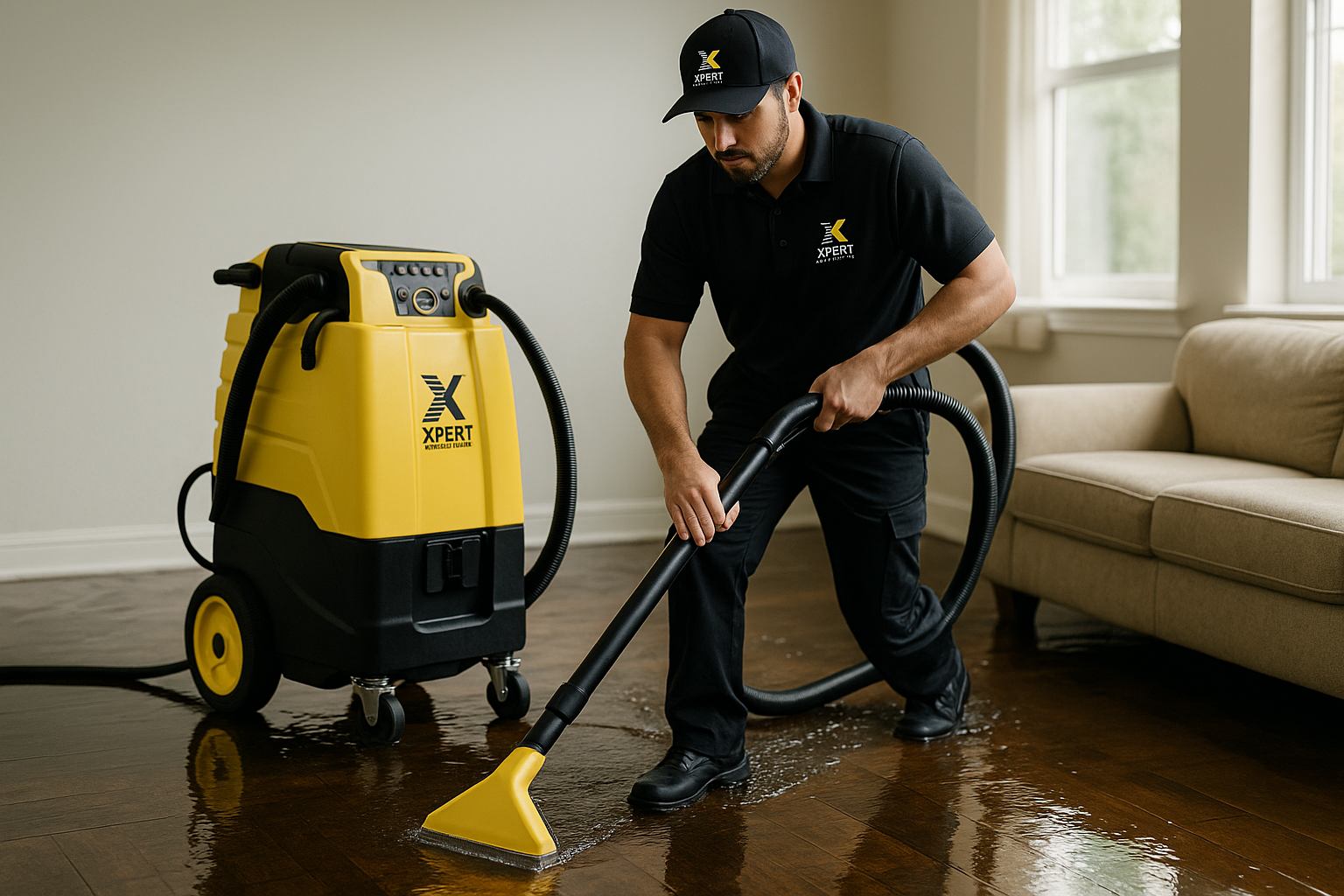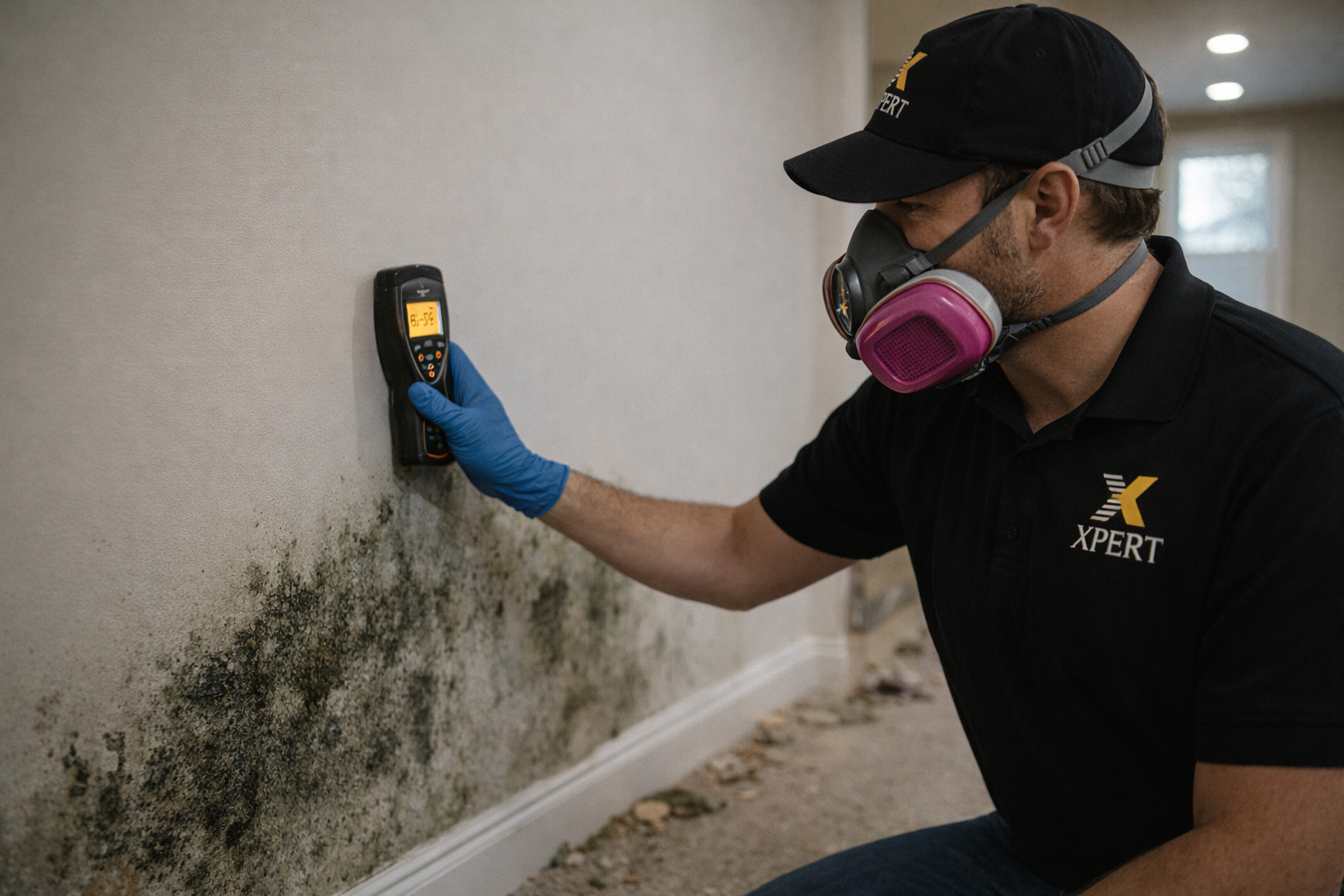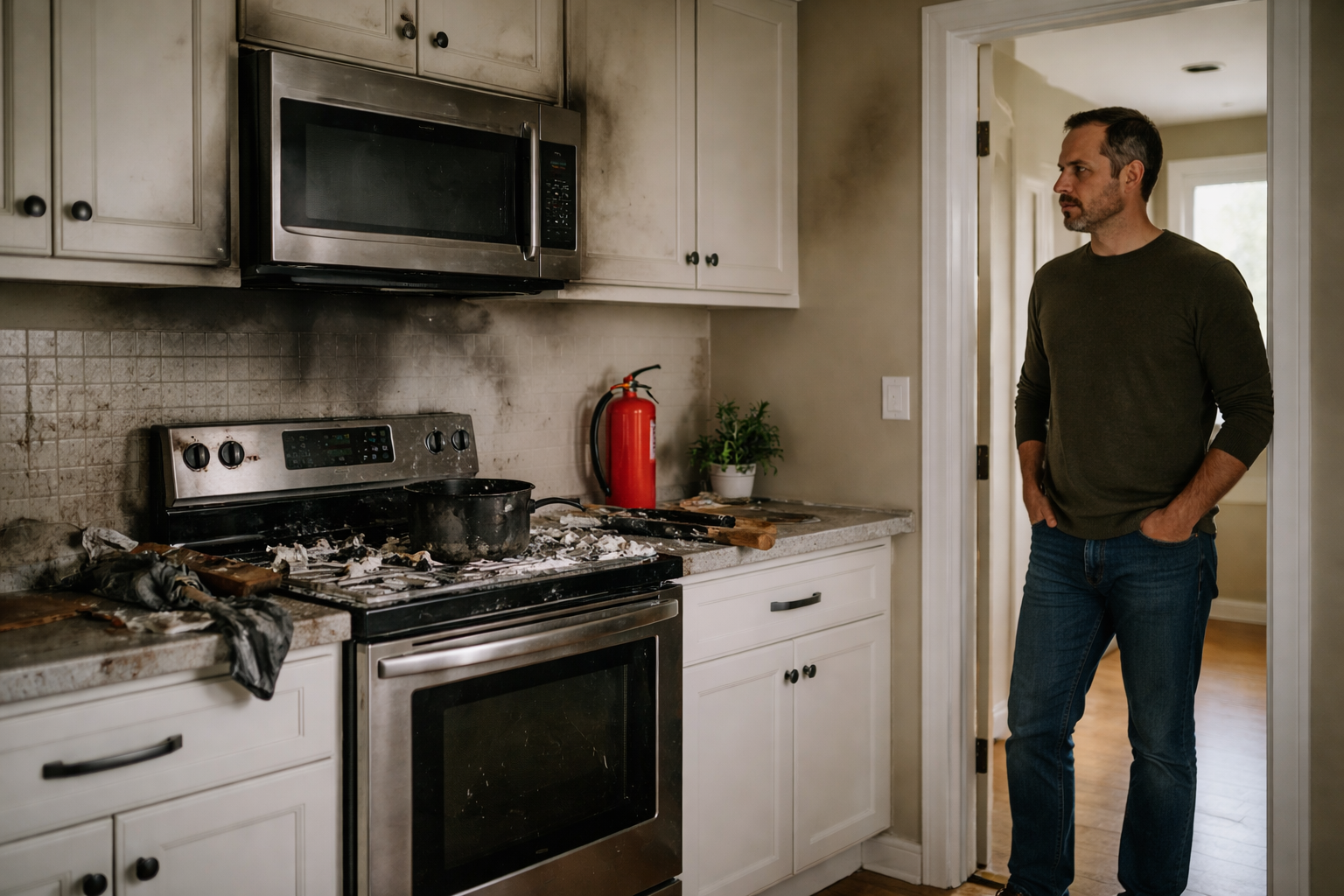Understanding Your Rights as a Policyholder in Illinois
What every homeowner should know when disaster strikes and you file an insurance claim

Why Knowing Your Rights Matters
If you own property in Illinois, you know how unpredictable life can be. Whether it is water in the basement after a storm, smoke damage from a kitchen fire, or a roof torn up by high winds, you hope your insurance will step up. The trouble is, the claims process can be a maze, and not knowing your rights can cost you time, money, and peace of mind. This guide is designed to give you the facts so you can stand your ground and get your property restored the right way.
Your Insurance Policy Is a Contract and It Gives You Rights
When you buy property insurance, you are entering into a contract with your insurance company. This contract spells out exactly what is covered, what is not, and what you and the insurer are both responsible for. In Illinois, state law also sets minimum standards for fair claims handling and consumer protection.
The Sources of Your Rights
Whenever disaster strikes, your first move should be to pull out your policy and actually read it. Check what is covered, what exclusions or limits apply, and what you are required to do, like notifying the insurer quickly, documenting damage, and taking steps to prevent more damage. Your rights come from three main sources: the language in your policy, Illinois state insurance law, and court decisions interpreting those laws and policies.
Your Key Obligations as a Policyholder
Notify your insurer promptly. Waiting too long to report a claim makes it easier for your insurance company to deny it.
Cooperate fully by allowing inspections, providing documents, keeping receipts, and answering questions.
Mitigate further damage. You are expected to take reasonable steps to prevent the situation from getting worse. That might mean shutting off water, tarping a roof, or boarding up a window.
Missing these steps can give the insurer a reason to reduce or deny your claim. Restoration professionals see this all the time. Clients who waited too long or did not keep records end up with a much tougher claim fight.
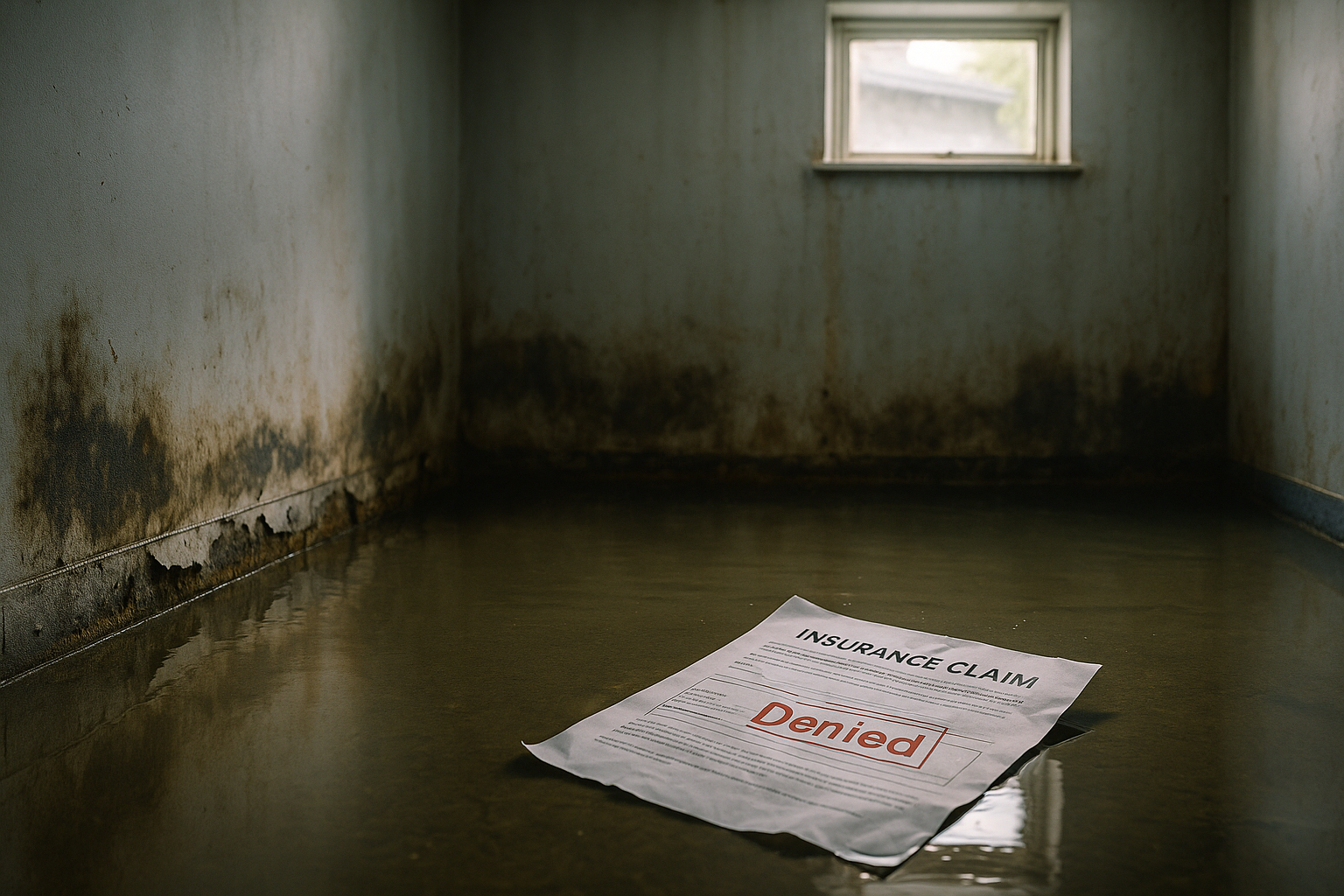
What Insurance Companies Must Do Under Illinois Law
Insurance companies in Illinois must handle claims in a way that is prompt, fair, and transparent. The law requires them to acknowledge your claim, communicate with you, provide necessary forms within a reasonable time, and pay covered claims promptly when liability is clear.
Examples of Insurer Duties
If your insurance company denies part or all of your claim, they must give a clear written explanation, including the part of the policy they are relying on. If an insurance company drags its feet, lowballs your settlement, or ignores your communications, that is not just frustrating—it might be against the law. Illinois insurance law defines what counts as unfair or improper claims practices, and policyholders have options if their insurer does not play fair.
What Counts as Improper Claims Handling
Some examples of what insurers are not allowed to do under Illinois law:
Misrepresenting policy provisions or facts about your claim
Failing to adopt reasonable standards for investigating claims
Forcing you to sue by offering a settlement that is clearly too low
Not providing claim forms or information in a timely way
If your insurance company does any of these without good reason, you may have extra legal remedies, including complaints to regulators and, in some cases, additional damages and attorney’s fees.
Your Rights When the Claim Process Goes Sideways
If you feel your claim is being delayed, ignored, or unfairly denied, you are not powerless.
Steps to Take if You Face Problems
File a complaint with the Illinois Department of Insurance. The IDOI reviews complaints and can pressure insurers to respond.
Demand compliance with the policy and state law. Sometimes just letting the insurer know you know your rights can move things forward.
Consider legal help. If an insurer is being vexatious and unreasonable, Illinois law allows for attorney’s fees and extra damages. Be sure to pay close attention to any suit limitation periods in your policy so you do not miss your window to take action.
Always keep detailed records of every communication, document your damages and mitigation efforts, and never accept a settlement without fully reviewing it and understanding what you are agreeing to.

How Homeowners Can Protect Their Rights
Follow these best practices to keep your claim on track and protect your rights.
Best Practices for Policyholders
Read your policy before you need it. Know what is covered, what is not, and what you need to do.
Notify your insurer right away when damage happens. Fast action prevents complications.
Document everything. Take photos and videos of the damage, keep receipts, and track all repairs and mitigation steps.
Mitigate further damage as best you can. Shut off water, tarp the roof, or call for professional help to prevent a small problem from becoming a disaster.
Keep a claim journal. Record every phone call, every visit, and every promise made by the insurer.
Communicate in writing. Follow up phone calls with an email or letter to create a clear record.
Do not make permanent repairs until after the insurance inspection, unless you have written approval.
Get contractor estimates. Have your restoration company provide a detailed, itemized estimate to share with your adjuster.
Review settlement offers carefully. Do not be pressured into accepting a quick check before understanding your full rights and the true extent of the damage.
Know when to escalate. If your insurer delays or denies without good reason, take it up with the IDOI or a qualified attorney.
How Restoration Companies Add Value
A good restoration company is more than just a contractor.
Ways Restoration Pros Support the Claim Process
Encourage documentation from day one
Coordinate with adjusters for a full, accurate scope of work
Help clients understand the process and their rights, without giving legal advice
Provide itemized, professional estimates to support the claim
This not only builds trust, but also helps claims get paid properly and quickly.
Common Pitfalls and How to Avoid Them
Homeowners often believe that having insurance means the company will just pay for whatever is needed. Unfortunately, claim delays, low offers, and disputes are common. Mistakes like failing to document damages, making repairs before inspection, or accepting a first offer without review can cost you dearly.
Setting Realistic Expectations
Your restoration contractor should set realistic expectations about timelines and documentation, explain the role of adjusters, and keep communication lines open so everyone is on the same page.
When to Escalate: Recognizing Trouble
If you or your client experiences slow responses, unexplained denials, or low settlement offers, it is time to escalate.
Your Next Steps
The Illinois Department of Insurance is there to help, and legal remedies are available for unreasonable conduct. The key is always documentation. Well-kept records, photos, and contractor estimates give you the upper hand if the claim turns into a dispute.
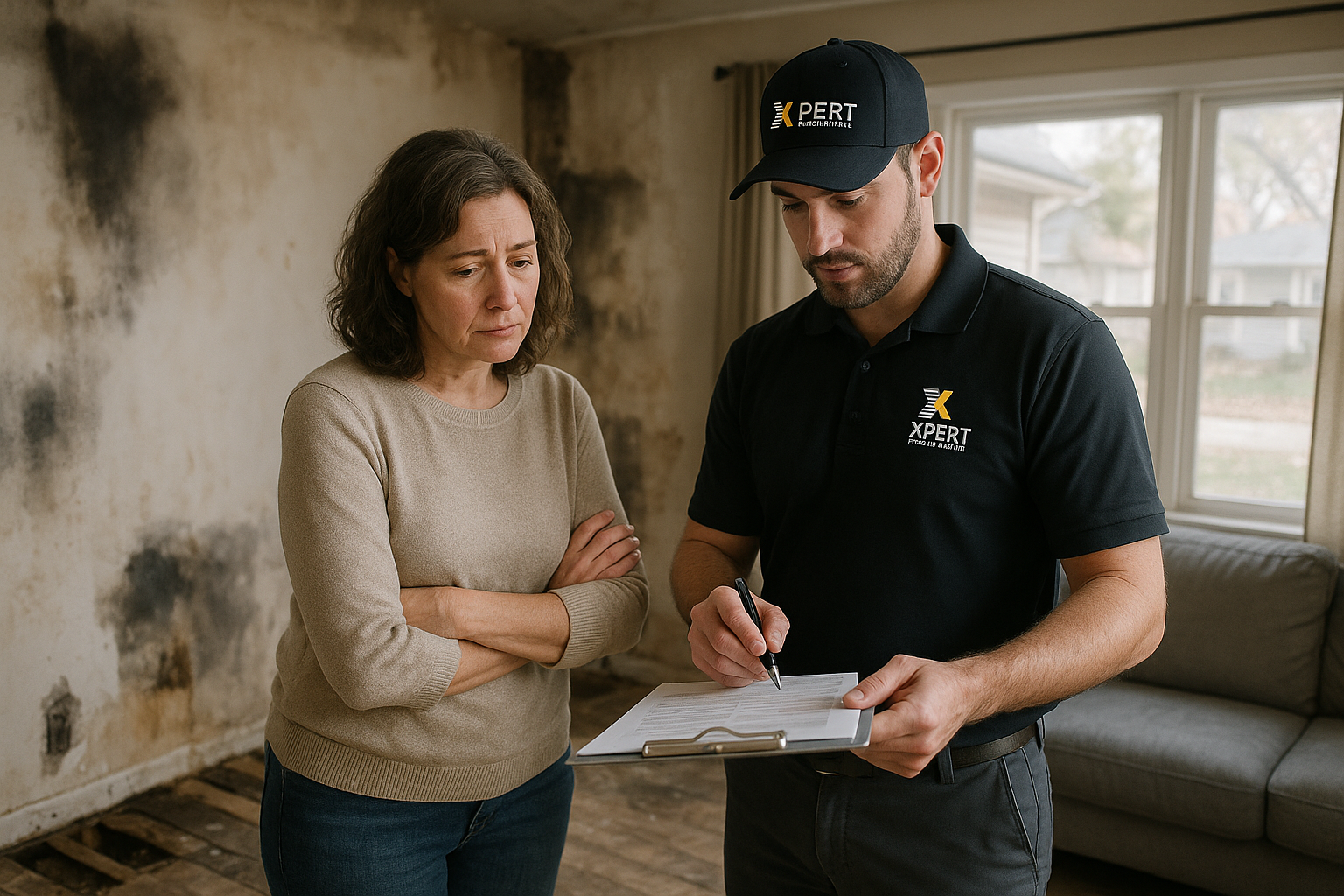
Final Thoughts on Empowering Policyholders and Restoration Pros
Understanding your rights as a policyholder in Illinois is not just about avoiding headaches. It is about protecting your home, your investment, and your peace of mind. Restoration companies that guide clients through the insurance maze provide huge value, speeding up recovery, reducing disputes, and building a reputation for trust and expertise.
Remind your clients that they have rights, their insurer has duties, and when everyone does their part, the path to a full recovery is much smoother. If disaster hits, move quickly, document everything, and do not be afraid to ask questions or push back if something feels off.
Frequently Asked Questions
What should I do first after I discover damage?
Notify your insurer as soon as possible, document all damage with photos and videos, take steps to prevent further harm, and call a restoration professional to begin mitigation.
How long does my insurance company have to investigate my claim in Illinois?
Illinois law requires reasonable promptness. For example, insurers must provide claim forms within 15 working days when requested. If you face unreasonable delay, you may have legal remedies.
Can my insurer deny my claim if I started repairs or mitigation?
You must act to prevent more damage, but do not make permanent repairs before the insurer inspects unless you get approval. Always keep documentation and coordinate with both your contractor and insurer.
What if my insurance company offers a settlement I believe is too low?
You do not have to accept right away. Review your policy, get a detailed estimate from your contractor, and ask for an explanation. You can negotiate, bring in an independent adjuster, or seek legal help if needed.
Are there penalties for insurance companies that do not act fairly in Illinois?
Yes. Illinois law allows for attorney’s fees and other damages if an insurer delays or denies payment unreasonably. The Department of Insurance can also investigate and take action.
How can a restoration company help with the claim process?
By documenting the damage thoroughly, providing detailed estimates, encouraging fast action on mitigation, coordinating with adjusters, and supporting your case with professional reports.
Conclusion
Navigating an insurance claim in Illinois does not have to be overwhelming. When you know your rights, document everything, and act quickly, you give yourself the best chance for a full and fair recovery. Restoration companies that support clients through this process are not just fixing homes, they are building trust and making a difference. Encourage your clients to be proactive, and your business will stand out as a true partner in recovery.

